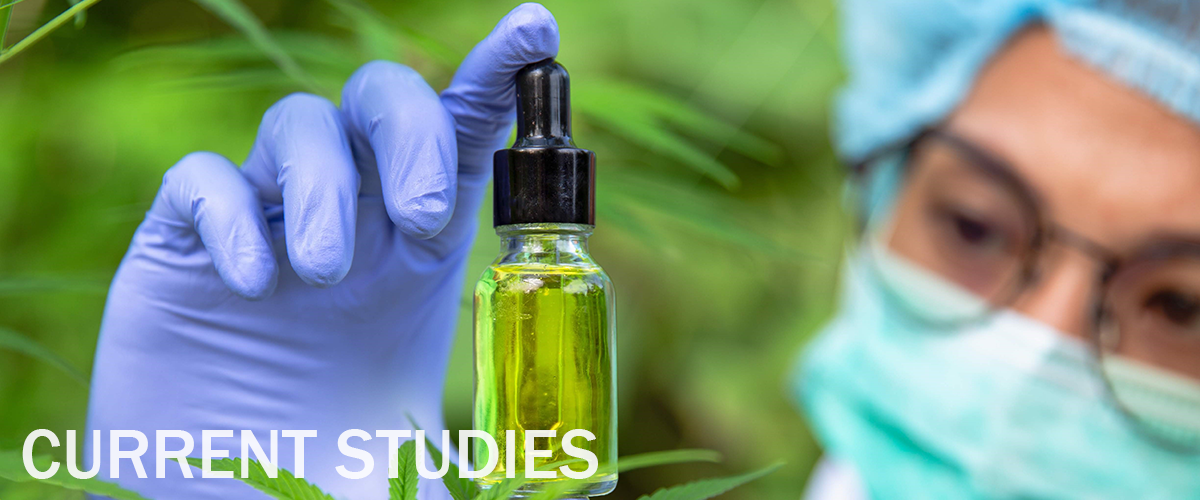INVESTIGATOR: Michael Taffe, PhD
STUDY LOCATION: University of California, San Diego
PROJECT TITLE: Therapeutic Efficacy of Cannabis and Cannabinoids in Prescription Opioid Abuse and Addiction
FUNDING SOURCE: Center for Medicinal Cannabis Research
PROJECT TYPE: Pre-Clinical Study
STATUS: Completed
ABSTRACT:
The non-medical abuse of opioids is a significant global health problem. In the United States, approximately 2 million people have a prescription opioid-related abuse disorder, which may increase the likelihood of later non-prescription opioid use and prescription opioid-related overdose deaths. Clinical and epidemiological evidence suggest that cannabis may attenuate harms associated with opioid use and that the opioid-sparing effects of cannabinoids may alter the rewarding effects of opioids. Using a new method for delivery of drugs to rats via e-cigarette technology, this study will determine if inhalation of crude cannabis extract, delta-9-tetrahydrocannabinol (THC) or cannabidiol (CBD) will decrease oxycodone self-administration behavior and attenuate withdrawal mediated effects in opioid-dependent subjects. The goals of this project will be achieved through the following aims: (1) determine the effects of acute or repeated cannabis extract, THC or CBD treatment on prescription oxycodone self-administration behavior and (2) elucidate mechanisms by which cannabis extract, THC or CBD modulate brain stress-reward function associated with opioid intoxication and withdrawal. We hypothesize that cannabis and cannabinoid treatment via inhalation will attenuate oxycodone abuse- and withdrawal-induced behaviors, and that cannabinoids will have neuroprotective effects on stress-reward signaling mechanisms. Overall, this proposal will elucidate the therapeutic effects of cannabis and cannabinoids on the behavioral and molecular outcomes of prescription oxycodone addiction and dependence.

